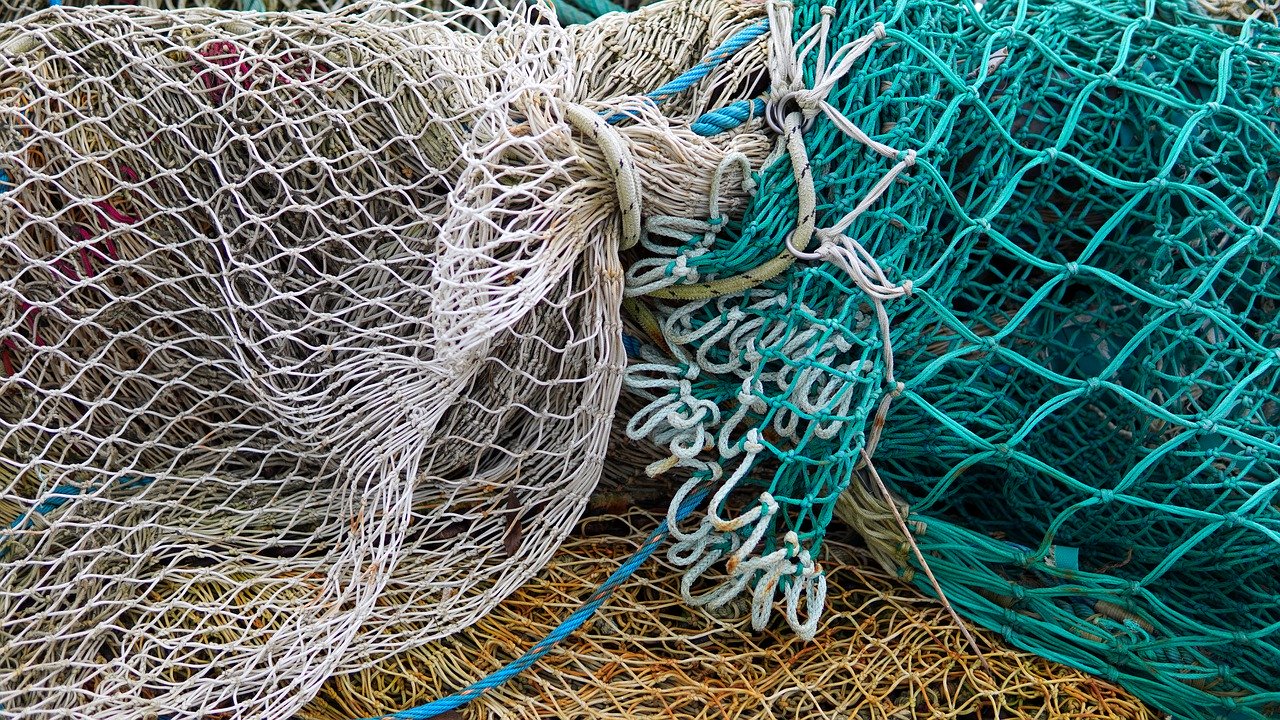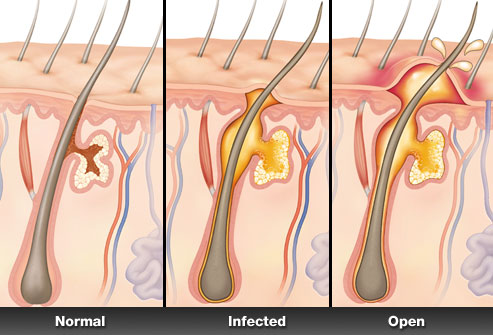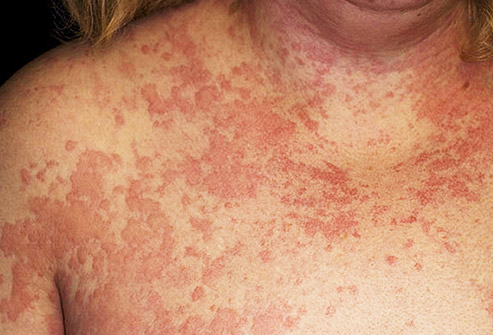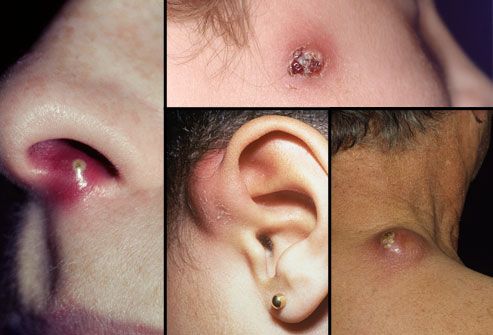February 12, 2020
Marine medicine: Survival skills for commercial fishermen
Marine Medical


For the most part, commercial fishermen don’t need to be advised on the dangers of the open sea. Most fishermen know they need to be prepared to address and prevent injuries should they arise at sea.
These easy steps cover preparedness for emergencies at sea:
- Take precautionary measures to to reduce medical emergencies.
- Address the most probable medical emergencies.
- Do not allow small issues to become large and more costly emergencies.
Common-sense measures and some necessary precautions can help preserve the health of those onboard and to prevent the spread of disease. It is the responsibility of the skipper to set cleanliness and healthy working standards. The crew should be advised of the consequences of poor hygiene and communicable diseases in a confined working and living environment.
Potable and freshwater storage tanks
This covers water used for drinking, cooking, washing utensils, and general cleaning and bathing. Freshwater should be free from causes of infection and be bright, clear and virtually colorless.
Disinfection of the freshwater tanks and distribution systems should be handled with a super-chlorination product or process.

Food
A balanced diet is essential for the maintenance of good health and should include appropriate proportions of protein, carbohydrate, fats, vitamins and essential minerals, such as iron. It is also essential to avoid contamination in the food preparation area. Raw food, especially meat, should be kept separate from cooked products. Separate utensils and cutting boards, etc., must be kept for each and stored separately. The food handler must wash between handling different foods and especially after handling raw meat and poultry. Cooked food should be manipulated by tools and utensils and not by the hands. Work surfaces and equipment should be cleaned thoroughly and disinfected efficiently, while cleaning equipment must also be disinfected adequately.
In many countries, crops are fertilized with human excreta and are, therefore, potentially dangerous as a source of transmission of intestinal diseases, such as typhoid, dysentery and intestinal parasites.
In any outbreak of food poisoning or illness with diarrhea onboard, anyone suffering from a septic skin condition should be removed from duty until the condition is cured. A person who has had an attack of typhoid fever or of dysentery, and who may have become a carrier of the disease, or who has suffered from an unexplained or unusual illness, should not be allowed to prepare or handle food or utensils until cleared for such duty by a doctor. Food handlers should be made aware of their responsibilities for the health of others and should be educated and trained in good food hygiene practices.
Hygiene
Poor hygiene, on the other hand, increases the risk for bacterial, viral, and parasitic infections. Serious medical conditions can develop on behalf of poor hygiene, including gastroenteritis, food poisoning, hepatitis A, influenza, common cold, giardiasis, roundworm, and threadworm. Good hygiene can help you avoid the possible risks associated with poor hygiene.
There are many sicknesses that can be caused by inadequate (poor) ship operational or personal hygiene. Signs of poor ship operational hygiene standards include:
- Not cleaning the toilet
- Not getting rid of garbage
Signs of poor personal hygiene include:
- Not washing hands
- Not showering
- Not washing hair
Diseases are caused by germs and parasites resulting from an inadequate vessel and personal hygiene. These diseases can be:
Bacterial
- Food poisoning
- Gastroenteritis
- Diarrhea caused by Campylobacter
- Pneumonia
- Trachoma
- Skin infections

Viral
- Hepatitis A
- Gastroenteritis
- Colds and flu
Parasitic
- Giardiasis
- Scabies infection
- Pediculosis (head lice infection)
- Hookworm infection
- Threadworm infection
- Roundworm infection (strongyloides)
Poor vessel and personal hygiene practices can help the transmission of disease-causing germs. That can happen directly by the fecal-oral route, or by person-to-person or pet-to-person contact. It can also happen indirectly by vectors coming in contact with people or their food, people breathing in airborne droplets of moisture that contain germs, or eating contaminated food.
General cleanliness and hygiene onboard ship
Cleanliness, both of the person and the environment, is essential at all times onboard a ship. Frequent monitoring by the skipper and senior officers will help keep the crew aware of the necessity to maintain scrupulous cleanliness and will detect an infestation. Cloths for cleaning work surfaces and tables are a common source of infection. They should regularly be either boiled or soaked in disinfectant (e.g., hypochlorite solution) or replaced. It is strongly recommended that disposable cloths are used to minimize the risk of contamination.
History has often demonstrated that the course of any mission is influenced more by the health of its crew than by any other factor. That's the reason that good hygiene is crucial to maintain overall health and wellness. It helps lower the risk for disease, illness, and medical conditions caused by the effects of poor hygiene.
Health is largely a personal responsibility. Through good cleanliness habits, regular exercise and good nutrition you have much control over your wellbeing. Because of the close living quarters frequently found aboard a ship, personal hygiene is extremely important. Disease or illness can spread and rapidly affect an entire crew. Uncleanliness and disagreeable odors affect the morale of any maritime crew. A daily bath or shower assist in the promotion of body odor and is absolutely necessary to maintain cleanliness. It also aids in the production of common skin diseases. Further, special care to the feet is especially important.
As an example of the difference between good hygiene and bad, staying in wet, sweaty socks for hours after a work shift increases the risk for athlete’s foot, which can lead to a fungal nail infection that causes pain and inflammation under the nails. Good hygiene helps prevent the development of medical conditions such as these and can keep you feeling healthy and pain-free.
Good hygiene can help you stay healthy and offers countless positive benefits for your physical, emotional and psychological health.
Proper Hygiene Leads to Higher Confidence and Self-Esteem
Being clean and well-groomed can help you feel more confident and comfortable both physically and mentally. Feeling dirty, oily, and unfresh not only puts your physical health at risk but can also trigger negative emotions of discomfort, irritability, and anxiety. Poor hygiene can affect your mood, your interactions with others, and the way you feel about yourself.
On the other hand, good hygiene can boost your confidence and self-esteem and make you seem more positive and attractive to others. Good hygiene can indirectly boost your success onboard a ship that requires you to be at your very best. Both skippers and senior officers must encourage and promote good hygiene to help enable positive healthy outcomes along with the reduction of negative health events.

Hives
Keep it clean or else...
- Hives: Can be a general reaction to an introduced allergen. The skin’s ability to protect has been reduced and infection will follow.
- Fungal Bear Infections are contagious. Left untreated they will result in a large damaged area.
- Athlete’s Foot is also contagious. It will infect the nail bed and is then much more difficult to treat.
- Ringworm is another highly contagious skin fungus, which, if left untreated, will cause visible skin damage.
- Boil Locations: When boils on any skin infection reach to the above degree, medical attention is needed to open, drain and treat the infection which can only get worse.
- Scabies is a contagious skin condition caused by the buggers burrowing into your skin. They spread through prolonged periods of skin-to-skin contact with an infected person. Watch who you sleep with and where you sleep.
- Lice and Bed Bugs must be treated quickly to include complete removal of infested clothing, bedding and blanket.
- Roundworm is one of the many intestinal parasites from infected food.

Boils are the result of topical skin infection, which can be reduced if not eliminated by daily bathing and a complete change of clothing. Allowing antimicrobial soap to have a 30- to 40-second contact time with skin will do the trick.
For additional information concerning the best medical kit for your vessel visit marinemedical.com or email your request to info@marinemedical.com. You can also reach us by calling 800-272-3008.






